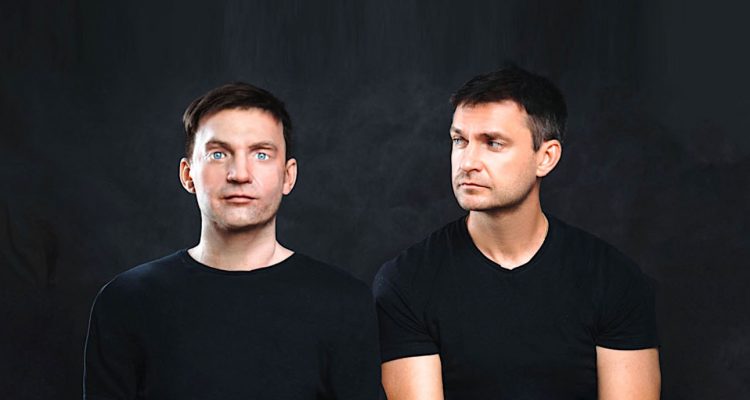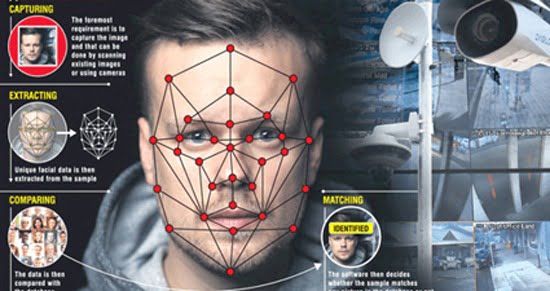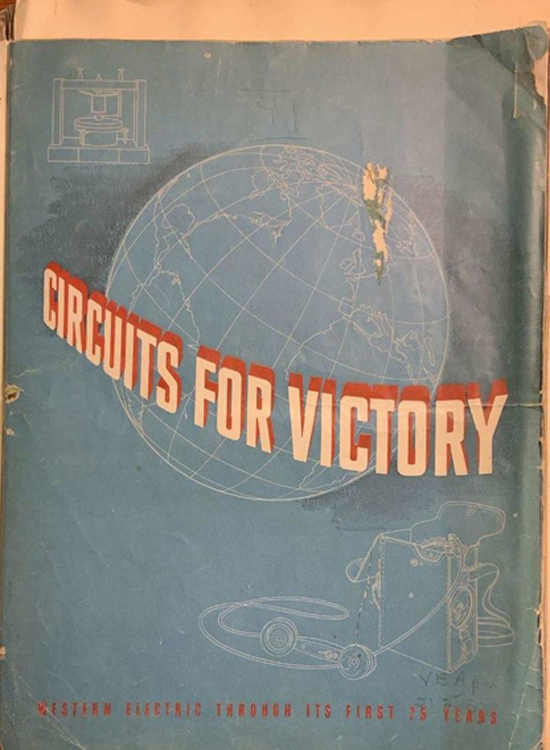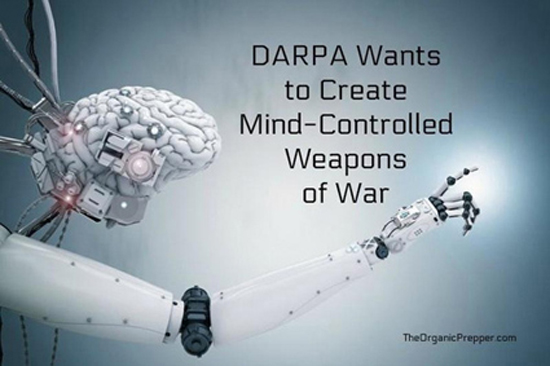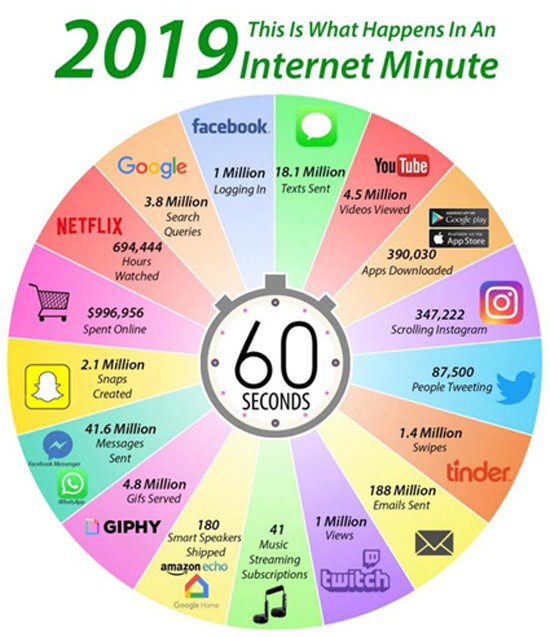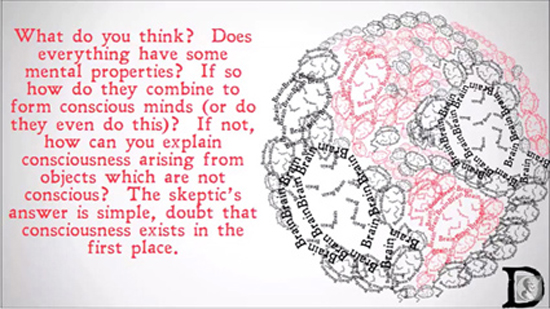… The senior Twitter executive with editorial responsibility for the Middle East is also a part-time officer in the British Army’s psychological warfare unit. Gordon MacMillan, who joined the social …
Your robotic friend
Physiognomists will hang up their boots! If 600 different facial expressions can be engineered in the year 2019, then in 2029 (it is not even in a century, eh?!) how will we distinguish who is who?
surveillance and discipline in the 4th industrial revolution
The claim of “natural freedom” in the cyberverse may also seem old in our parts; Although his golden fifteen years (in ‘90s and ‘00s) are not so ancient. The fact …
Database States
There is now an epidemic of live facial recognition surveillance in the u.k. The fusion of the police and private companies about the construction of these surveillance networks in public …
no libra
Zuckerberg prepares a “cryptocurrency”. To be exact, mr facebook is a kind of “technological front” for the creation of a digital currency by a number of private companies. Unlike bitcoin …
5G
In a rather unexpected development of the affair / spectacle “Huawei and how to stop it”, its founder and owner, Ren Zhengfei, announced 3 days ago in an interview with …
communications as a weapon
Researcher Yasha Levine recently discovered a 40-page brochure from 1944 in the public library of New York, a Western Electric edition, which was then the telephone monopoly in the USA. …
blockchain: towards a legislative technology
In the previous issue (Cyborg #14) we made a brief reference to blockchain. Using the example of the first and basic application of blockchain technology, cryptocurrencies and specifically bitcoin, we …
The long-awaited terminator…
It is called Candida auris. It is a simple fungus. And it kills! It has killed half the people who got infected in 3 months at the latest: existing anti-fungal …
DARPA wants to create weapons controlled directly by the mind
Last year, the American DARPA (Defense Advanced Research Projects Agency) announced that it seeks to find non-invasive ways “to achieve high levels of communication between brain and mechanical systems without …
What the moment holds
Is it useless information what “happens” in a minute, every minute, in cyberspace with the current 4G capabilities? Maybe. What the cyborg magazine (out of peculiarity, obviously) sees on this …
the “philosophical” concerns of the mechanization of everything
At the beginning of the 21st century, the problematization of consciousness, in other words the formulation of questions such as “what is consciousness?”, could not belong to what has historically …


